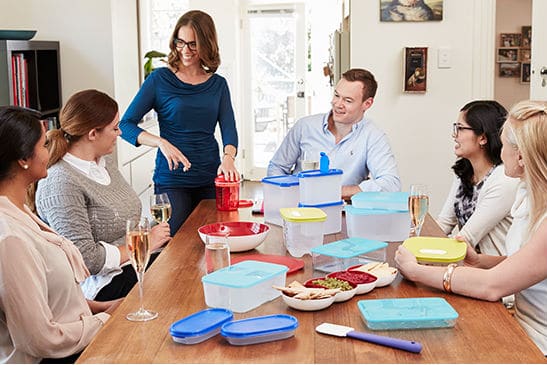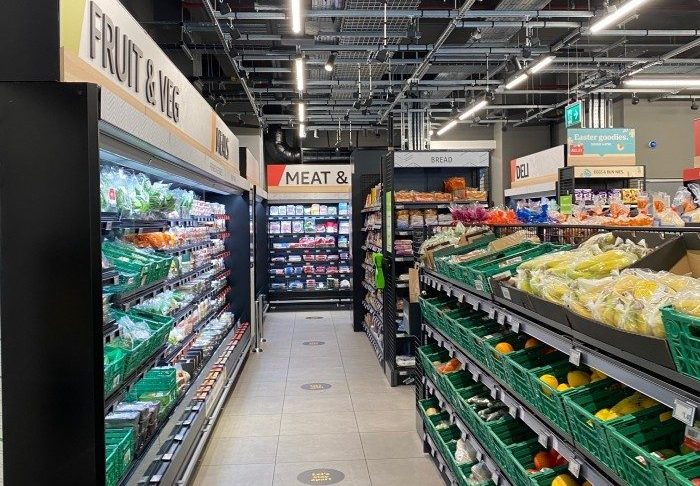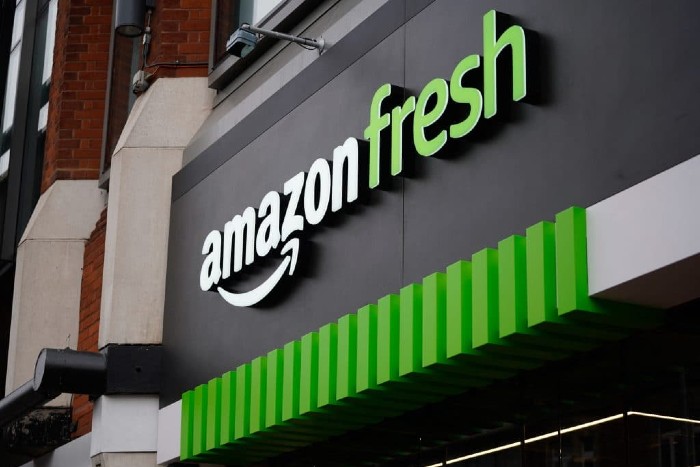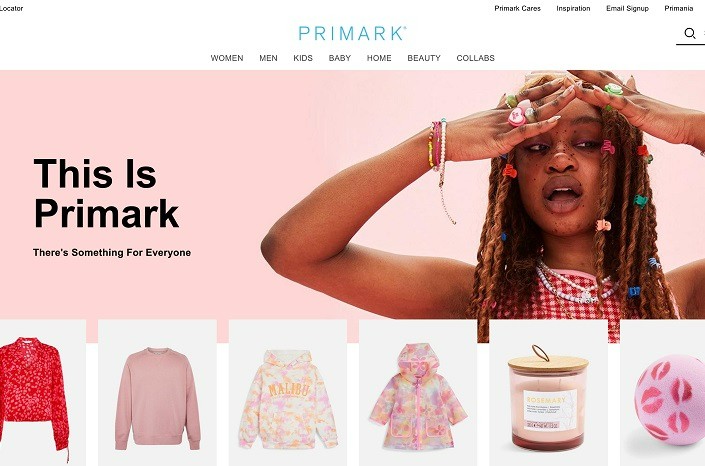The latest figures on retail sales from the Office for National Statistics (ONS) made for unexpected reading over recent weeks, not least because they outperformed predictions amidst the continuing gloomy backdrop. But delve a little deeper and there‘s an interesting trend in relation to what‘s driving the growth.
It seems there‘s a quiet revolution taking place within retail, and it‘s not taking place on the high street – it‘s taking place in living rooms. It seems selling is becoming social.
In its most recent Retail Sales Index, the ONS cited non-store retailing as one of the main contributors to UK sales growth, and that growth is further reinforced in the latest figures (showing 2016 industry growth) from the UK‘s direct selling sector.
Direct selling – where products are sold outside the traditional retail environment, often face-to-face or through a party setting – has become big business, now turning over £2.1 billion a year in the UK.
Some of the best-known names in the industry include Avon, Amway and Arbonne. But over recent years there‘s been a steady flow of new entrants to the UK market, brands such as Younique and Juice Plus, and they‘re helping introduce the industry to a range of new consumers.
Figures show that direct selling grew by two per cent through 2016, and if past performance in recessions is anything to go by, the sector is set for further expansion.
Downturn trends such as the Lipstick Effect play a significant role. The sector is dominated by lower-priced luxuries, with the cosmetics and personal care category showing the strongest performance of all product categories over the last 12 months, with a 16 per cent rise on the previous year.
Additionally, when household incomes get squeezed and people look to make a little extra money around their day job, the numbers joining the industry traditionally swells. The last 12 months saw an increase from 400,000 to 425,000 people, with a continued rise in the number of millennials within the overall figures – under 35-year-olds now make up around 25 per cent of the UK‘s 425,000 social sellers.
Linked to this younger demographic, and perhaps one of the most significant sustained trends driving growth, is the increasing use of social media.
Social media is transforming the way direct selling does business, enabling a new, younger customer base to engage with its products in the same, social ways that industry was originally built, but now via online.
Direct selling parties that once took place over coffee in your neighbour‘s living room after the school run are now just as likely to be a new season preview of the latest children‘s fashion via a Facebook live broadcast after the children have gone to bed.
This new way of social selling is presenting a significant opportunity for the industry. It breaks down the traditional geographical “patch” boundaries that were once the cornerstone of the direct selling sector.
Where representatives were once assigned a particular local area, consultants can now self-define who they target regardless of location, and how they sell to these customers. And because the nature of social selling is face-to-face in small group or party settings, or even one-on-one, it allows for a level of personalisation and tailoring that simply doesn‘t exist in other areas of retail.
The ability to reach new and ever wider audiences beyond local boundaries is opening up the potential for social sellers as never before. In response, the sector‘s product range is evolving, too. Where the likes of dishcloths and dusters once dominated, nowadays social selling is more likely to showcase the latest must-have shade of lipstick, scented candle or statement necklace.
As consumers increasingly look for hassle-free, convenient ways to engage with brands, they also want the retail experience to be more tailored and personalised at the same time.
Social selling does just that. As a result, for this area of retail, it seems the future looks bright, for once, partly because of the broader economic context rather than despite it.
Lynda Mills is the Director General of the Direct Selling Association


















